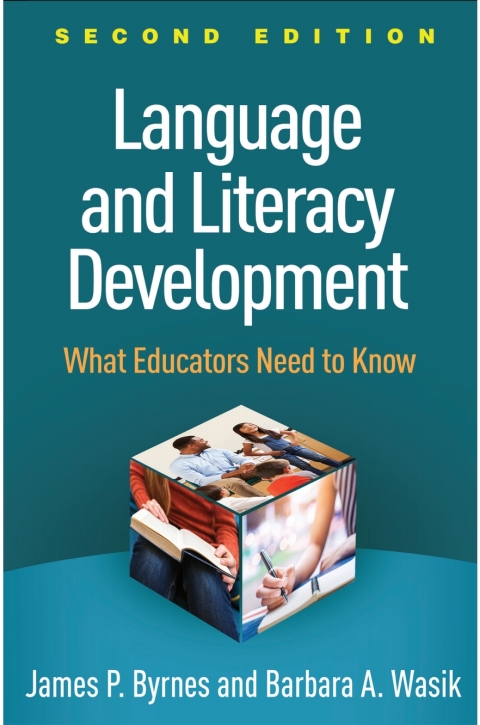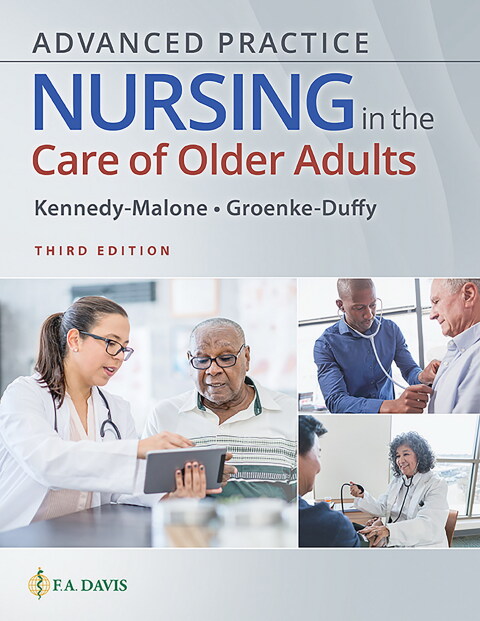Description
Efnisyfirlit
- Half Title Page
- Title Page
- Copyright
- Dedication
- About the Authors
- Preface
- Contents
- Part I. Introductory Issues
- 1. Introduction
- Overview of Topics
- The General Approach of This Book
- 2. Brain Development, Language, and Literacy
- Why Study Brain Development?
- The Goal of Brain Development
- Further Explorations of Cytoarchitecture: Cell Types and Brain Layers
- Seven Major Processes of Brain Development
- Factors Affecting Brain Development
- Conclusions and Caveats
- Part II. The Development of Spoken Language Competence
- 3. An Overview of Spoken Language Competence
- The “Nature of” Question: What Does It Mean to Say That a Child Has Spoken Language Competence?
- The Relevance Question: Why Should Teachers Care about Whether Children Acquire Spoken Language Comp
- The Developmental Trends Question: How Does Spoken Language Competence Change over Time?
- The Developmental Mechanisms Question: What Factors Promote Changes in Spoken Language Competence?
- The Deficiencies Question: Are There Populations of Children or Adults Who Lack Some or All of the K
- 4. The Development of Phonological Skills
- The “Nature of” Question: What Does It Mean to Say That a Child Has Phonological Processing Comp
- The Relevance Question: Why Should Teachers Care about Whether Children Acquire Phonological Process
- The Developmental Trends Question: How Does Phonological Processing Competence Change over Time?
- The Developmental Mechanisms Question: What Factors Promote Changes in Phonological Processing Compe
- The Deficiencies Question: Are There Populations of Children or Adults Who Lack Some or All of the K
- 5. The Development of Word Meaning and Vocabulary
- The “Nature of” Question: What Does It Mean to Say That a Child Knows the Meaning of Words?
- The Relevance Question: Why Should Teachers Care about Whether Children Know the Meaning of a Large
- The Developmental Trends Question: How Does a Child’s Spoken Vocabulary Change over Time?
- The Developmental Mechanisms Question: What Factors Promote Changes in Children’s Spoken Vocabular
- The Deficiencies Question: Are There Populations of Children or Adults Who Have Underdeveloped or Im
- 6. The Development of Grammatical Knowledge
- The “Nature of” Question: What Does It Mean to Say That a Child Has Grammatical Knowledge?
- The Relevance Question: Why Should Teachers Care about Whether Children Ever Acquire Grammatical Kno
- The Developmental Trends Question: How Does a Child’s Grammatical Knowledge Change over Time?
- The Developmental Mechanisms Question: What Factors Promote Changes in Children’s Grammatical Know
- The Deficiencies Question: Are There Populations of Children or Adults Who Have Underdeveloped or Im
- Part III. The Development of Reading and Writing Skills
- 7. Emergent Literacy and Predictors of Early Reading Success
- Emergent Literacy
- Preliminary Issues
- Identifying and Rank Ordering Predictors of Reading Success
- Understanding Differences in Predictive Power
- Reasons for Caution in Interpreting Bivariate Correlations
- 8. Beginning Reading
- The “Nature of” Question: What Does It Mean to Say That a Child Has Beginning Reading Skills?
- Two Influential Models of Reading
- The Relevance Question: Why Should Teachers Care about Whether Children Acquire Beginning Reading Sk
- The Developmental Trends Question: How Do Beginning Reading Skills Change over Time?
- The Developmental Mechanisms Question: What Factors Promote Changes in Beginning Reading Skills?
- The Deficiencies Question: Are There Populations of Children or Adults Who Lack Some or All of the B
- 9. The Development of Reading Comprehension
- The “Nature of” Question: What Does It Mean to Say That a Child Has Reading Comprehension Skills
- The Relevance Question: Why Should Teachers Care about Whether Children Acquire Reading Comprehensio
- The Developmental Trends Question: How Do Reading Comprehension Skills Change over Time?
- The Developmental Mechanisms Question: What Factors Promote Changes in Reading Comprehension Skills?
- The Deficiencies Question: Are There Populations of Children or Adults Who Lack Some or All Reading
- 10. The Development of Writing Skills
- The “Nature of” Question: What Does It Mean to Say That Someone Has Writing Competence?
- The Relevance Question: Why Should Teachers Care about Whether Children Acquire Writing Skills?
- The Developmental Trends Question: How Do Writing Skills Change over Time?
- The Developmental Mechanisms Question: What Factors Promote Changes in Writing Skills?
- The Deficiencies Question: Are There Populations of Children or Adults Who Lack Some or All Writing
- Part IV. Individual and Group Differencesin Language and Literacy
- 11. Motivational Issues in Speaking, Reading, and Writing
- An Opportunity–Propensity (O–P) Model of Student Achievement
- The Nature of Motivation
- The Development of Motivation
- Individual Differences in Motivation
- Instructional Implications
- 12. Sociocultural Issues in Speaking, Reading, and Writing
- The Role of Gender in Language and Literacy Skill Acquisition
- The Role of SES in Language and Literacy Skill Acquisition
- The Role of Ethnicity in Language and Literacy Skill Acquisition
- The Role of Home Language in Language and Literacy Skill Acquisition
- The Role of Dialect in Language and Literacy Skill Acquisition
- Conclusions
- Part V. Instructional Techniques and Programs
- 13. General Principles of Effective Instruction
- Effective Teachers Are Skilled Decision Makers in the Classroom
- Domain‑General Principles of Effective Instruction Based on Cognitive Theories
- Domain‑General Principles Derived from Observational Measures
- Summary: Identifying Effective Approaches
- 14. Language and Literacy Programs That Work
- Interventions That Develop Emergent Literacy Skills
- Interventions That Develop Reading Skills
- Interventions That Develop Comprehension Skills
- Final Thoughts
- References
- Index






